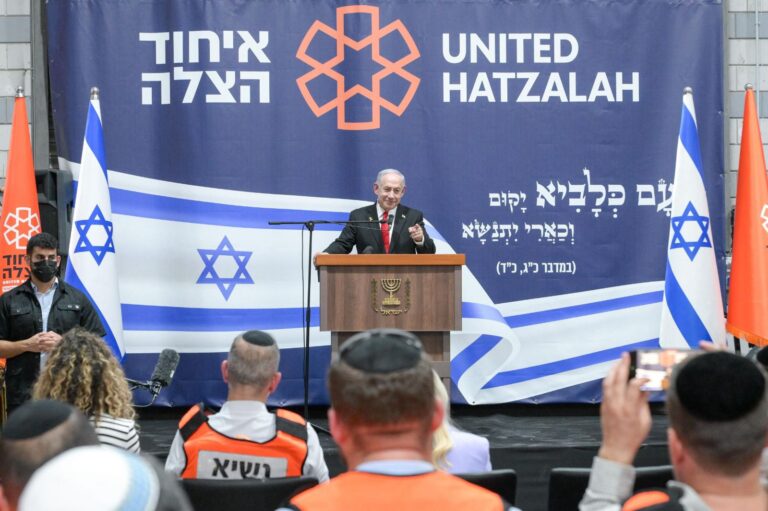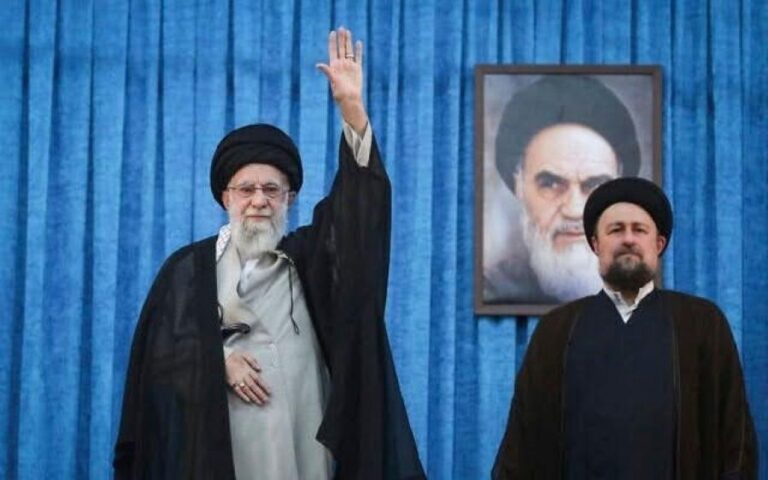Agudath Israel of America has joined with a number of other national Orthodox Jewish organizations in an amicus curiae (friend of the court) brief urging the US Court of Appeals for the Seventh Circuit to uphold the constitutionality of the parsonage allowance.
The brief, written by noted constitutional attorney Nathan Lewin on behalf of the National Jewish Commission on Law and Public Affairs (COLPA), asks the court to reverse a ruling by a Wisconsin federal district court that the parsonage allowance violates the constitutional prohibition against establishment of religion.
Parsonage allowance is an allowance provided for housing expenses to members of the clergy that is exempt from federal income taxes. This provides a benefit to rabbis and religious teachers, among others, who can exclude this allowance from their gross income when calculating their federal income tax. The district court found this benefit to be unconstitutional because it purportedly provides preferential treatment to members of the clergy.
The Internal Revenue Code provides for similar tax exemptions for housing allowances provided by employers where the housing is “for the convenience of the employer”, and it is the same tax principle that allows businesses and the military to reimburse its members for travel and overseas housing costs, and provides tax-free housing to teachers and police who live in the communities they serve. The brief argues that members of the clergy should not be treated differently.
The brief states that while not all religious faiths require their clergy to live within close proximity of their congregations, many do, as this enables them to better serve the members of their community. It further explains that for the government to attempt to determine which clergy are so required and which are not would constitute an unconstitutional “entanglement” with religion.
The brief argues that it is constitutionally permissible to provide this tax benefit to members of the clergy because many of them, including those who are observant Jews and cannot drive on the Sabbath and Jewish holidays, are required to live in close proximity to their congregations.
Other organizations signing on to the brief include: Agudas Harabbonim of the US and Canada, the National Council of Young Israel, the Rabbinical Alliance of America, the Rabbinical Council of America, and Torah Umesorah.
(YWN World Headquarters – NYC)












One Response
But the Melamdim don’t even live on the school premises. Most of them live in a completely different neighborhood. That is not a legal exclusion from taxable income. And everybody knows that if he opts out of parsonage, he would get a larger wage from the school. No, I’m sorry, but who is the Aguda’s consultant?